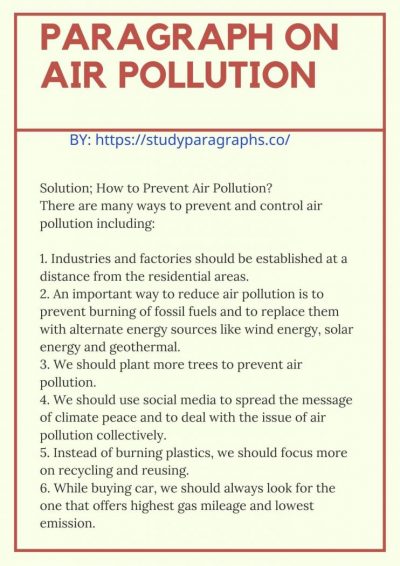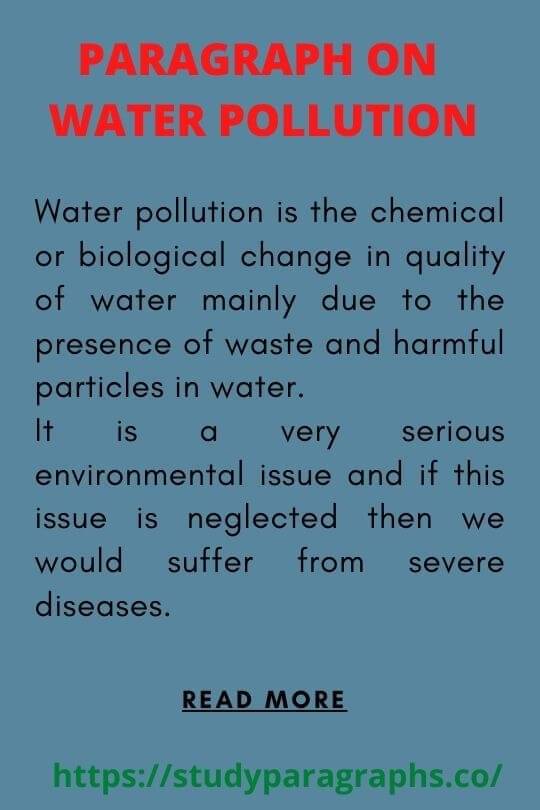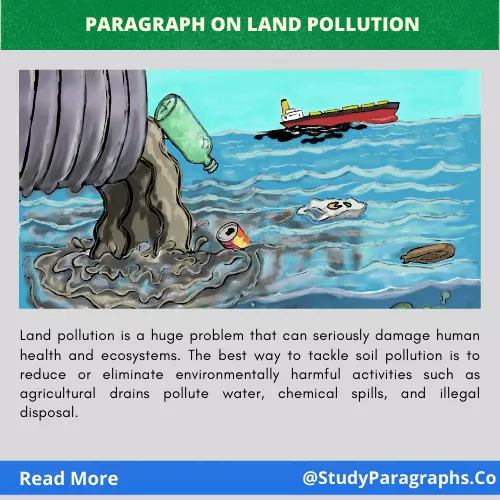Essay on Environmental Pollution In 100 to 150 Words For Students
Pollution is a very important issue in today’s society and is often discussed, such as the environment and climate change. While there have been many different solutions suggested to combat the problem, they are not always going to be practical or sustainable. In this essay, I discuss some of these solutions, what works and what doesn’t work.
Environmental Pollution Essay For Students
Environmental pollution is an urgent and concerning issue that casts a dark shadow over the well-being of our planet and all life forms inhabiting it. Environmental pollution is the act of introducing harmful substances and pollutants into the environment., leading to adverse effects on nature and human health. This global problem comes in various forms,There are various types of pollution such as air pollution, water pollution, soil contamination, and noise pollution. Each type has its own causes and can have significant consequences.
Air pollution is one of the most prevalent and alarming types of environmental pollution. It occurs when harmful particles and gases are released into the air from various human activities, including industrial processes, transportation, and burning of fossil fuels. These pollutants can have severe repercussions on human health, causing respiratory problems, cardiovascular diseases, and even premature death. Moreover, air pollution disrupts the balance of nature, affecting wildlife and contributing to climate change and global warming.
Water pollution is another significant concern that poses a severe threat to aquatic life and human populations alike. It arises when harmful substances, such as industrial waste, chemicals, and untreated sewage, find their way into water bodies. This contamination leads to the destruction of marine ecosystems, loss of biodiversity, and the spread of waterborne diseases. Access to clean and safe drinking water becomes scarce, affecting millions of people worldwide and exacerbating social and economic disparities.
Soil contamination is equally worrisome, with detrimental effects on agriculture, human health, and ecosystems. Improper waste disposal, excessive use of pesticides, and industrial activities contribute to soil pollution. Contaminated soil can lead to the accumulation of toxic substances in crops, posing health risks for those consuming them. Furthermore, soil pollution disrupts the natural balance of the environment, threatening the survival of plant and animal species that rely on healthy soil for sustenance.
Noise pollution, though often overlooked, has a significant impact on human well-being and wildlife. It results from excessive noise generated by transportation, construction, industrial facilities, and urbanization. Being exposed to noise pollution for a long time can cause stress, difficulty sleeping, and even hearing loss in humans. Animals, especially those in urban environments, suffer from altered behavior and communication patterns, affecting their survival and reproductive success.
The consequences of environmental pollution are profound and multi-faceted, posing challenges on a global scale. Rising temperatures due to greenhouse gas emissions have led to climate change, with melting ice caps and disruptions in weather patterns. This has severe implications for our planet, including rising sea levels, extreme weather events, and threats to vulnerable ecosystems and species.
To address environmental pollution and mitigate its impact, concerted efforts are required at all levels of society. Governments must enact and enforce stringent regulations to control emissions, promote cleaner technologies, and encourage sustainable practices. Industries need to adopt cleaner production methods and invest in environmentally friendly technologies. Individuals can contribute by adopting eco-friendly habits, such as reducing waste, conserving energy, and using public transportation or carpooling.
Education and awareness play a pivotal role in combating environmental pollution. By fostering a sense of responsibility and environmental consciousness, we can instigate positive change in our communities. Environmental education in schools and awareness campaigns can empower individuals to make informed choices and embrace a sustainable lifestyle.
In conclusion,
Environmental pollution is a grave and urgent challenge that threatens the health and stability of our planet. Its diverse forms, from air and water pollution to soil contamination and noise pollution, have far-reaching consequences for both nature and human populations. To safeguard our future and that of future generations, we must act collectively and decisively to reduce pollution, adopt sustainable practices, and protect the delicate balance of our environment. Only through a united and dedicated effort can we secure a cleaner, healthier, and more sustainable world for generations to come.

Hello! Welcome to my Blog StudyParagraphs.co. My name is Angelina. I am a college professor. I love reading writing for kids students. This blog is full with valuable knowledge for all class students. Thank you for reading my articles.




